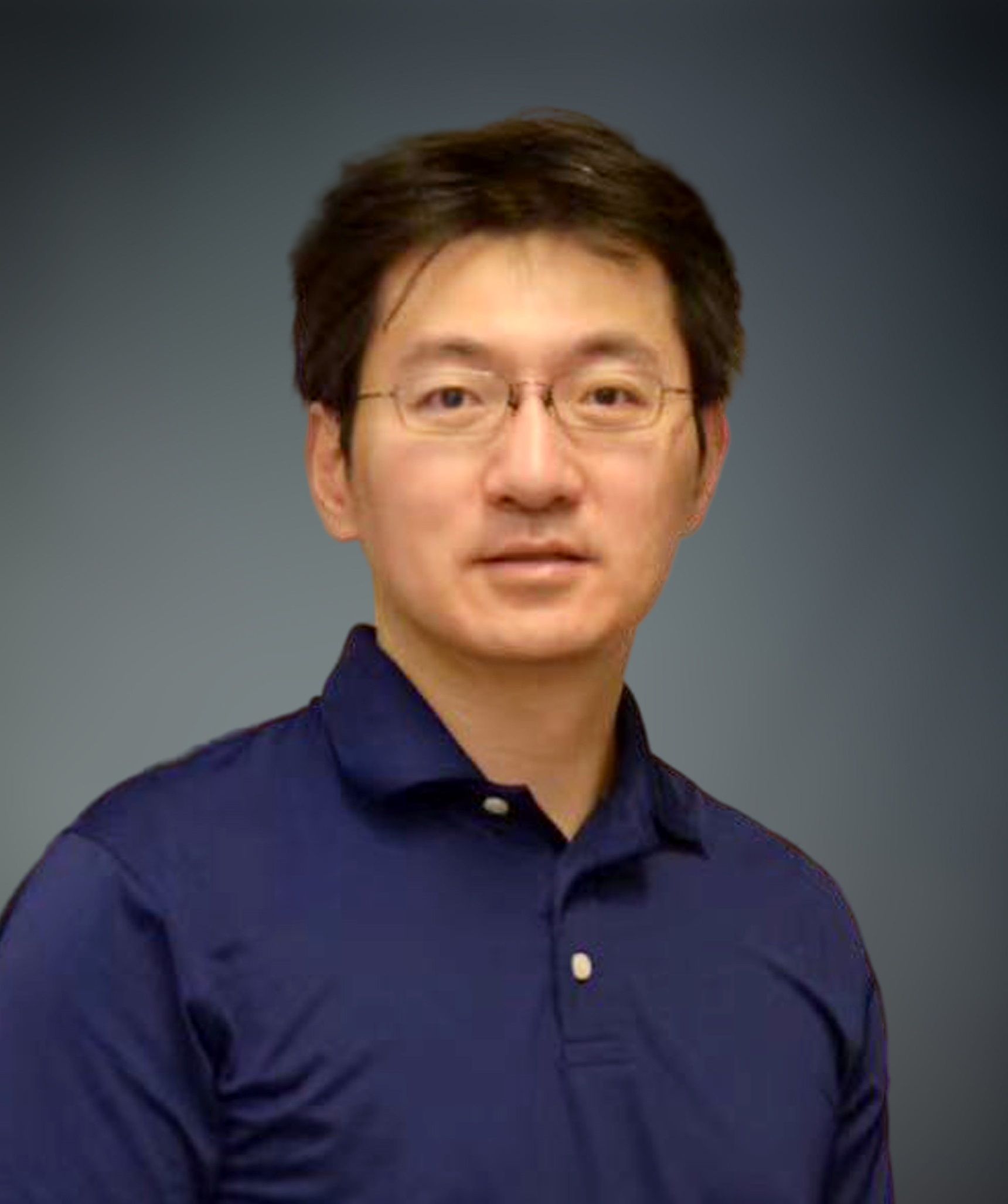Accomplished photonics and semiconductor researcher and inventor Ning Li has joined the Rossin College faculty as an associate professor of electrical and computer engineering.
Since 2010, Li has been a research staff member at IBM T. J. Watson Research Center, in Yorktown Heights, NY, where he has been recognized for several years as a Master Inventor. He has been awarded more than 200 US patents that span his areas of expertise, such as devices and materials for in-memory computing and edge computing; high-efficiency, low-voltage LEDs; and controlled release and transfer for crystalline thin-film electronics.
Li’s work relates to memory devices and their applications in neuromorphic computing, as well as advanced packaging and heterogeneous integration, flexible and new form factor devices and systems, photonic devices for communication and quantum applications, and organic electronics.
“We are excited to welcome Ning Li to the Lehigh ECE faculty to build on the department’s strengths in photonics research and extend our expertise in cutting-edge fields—such as computing technology that mimics the human brain,” says Professor Chengshan Xiao, Chandler Weaver Chair of the Department of Electrical and Computer Engineering. “His deep industry experience and his track record of success as an inventor are great assets to the entire Lehigh Engineering community.”
Li earned his PhD in electrical and computer engineering from the University of Texas at Austin where he worked on high-performance photodetectors and also holds a BS and MS in electrical engineering from Tsinghua University (China). He also worked on high-open-circuit voltage and high-efficiency organic photovoltaics as a postdoctoral research fellow at the University of Michigan.
While at IBM, he received multiple High Value Patent Awards and Invention Achievement Awards and served as a mentor for postdoctoral researchers and interns. He also designed and taught a graduate student course on solid state electronics as a visiting assistant professor of electrical engineering at the University of California, Los Angeles (2007-2008). Li has served on international conference committees, the editorial board for Nanophotonics, and as an editor for MRS publications.
“Semiconductor and photonic devices enable advances in computing, communications, healthcare, transportation, clean energy, and many other applications,” says Li. “It is a great time for students to join this field, as there are many exciting research topics and fast-growing job opportunities.”

